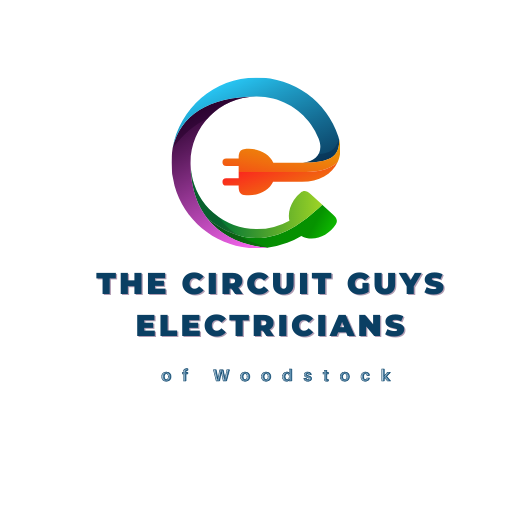An electrician is someone who installs and repairs electrical wiring and lighting at homes, offices, and other buildings. An electrician is skilled in both residential and commercial electrical work. An electrician can work on a wide variety of electrical systems and appliances, such as lighting, heating, cooling, and communications systems. Working as an electrician is challenging and requires specific training. An electrician must have an understanding of how electricity works and how to install and repair electrical wiring and components. They also must be able to work alone on a project or with a team of electricians on large-scale or complex projects.If you’re interested in becoming an electrician, read on to learn more about this rewarding career path and how to get started as an apprentice electrician.
What is an electrician?
An electrician is a tradesperson who installs and repairs electrical wiring and lighting at homes, offices, and other buildings. An electrician is skilled in both residential and commercial electrical work. An electrician can work on a wide variety of electrical systems and appliances, such as lighting, heating, cooling, and communications systems. Working as an electrician is challenging and requires specific training. An electrician must have an understanding of how electricity works and how to install and repair electrical wiring and components. They also must be able to work alone on a project or with a team of electricians on large-scale or complex projects.
Education required to become an electrician
Electricians must have a high school diploma or equivalent to become an apprentice. An apprentice must then complete an electrician apprenticeship program. Apprenticeship programs are offered at community colleges and local government training programs.Electricians also must have a state-issued electrical contractor license. This license is issued by each state and is required for all electricians who work on electrical projects that are covered by state building codes. An electrician apprenticeship program will help you obtain your state-issued license.
What skills does an electrician need?
An electrician must be able to follow written and oral instructions, follow safety protocols, and work with their hands. They must be able to read blueprints, diagrams, and schematics. They must also be able to work in confined spaces and lift heavy equipment.Electricians must be able to work with their hands and follow written and oral instructions. They must be able to read blueprints, diagrams, and schematics. They must also be able to work in confined spaces and lift heavy equipment.
Types of electrical work electricians do
There are many different types of electrical work that an electrician can do. Some of the most common types of electrical work include installing new electrical wiring, repairing old wiring, and installing new electrical devices.An electrician may also be responsible for maintaining and repairing electrical panels. Electrical panels are large centralized control panels that provide electricity to homes and businesses.
Finding work as an apprentice electrician
Electricians are in high demand in the construction industry. You can find many apprentice electrician opportunities at local electrical contractors.Electricians are also in high demand in the telecommunications and communications industries. You can find many apprentice electrician opportunities at telecommunications companies.
Conclusion
An electrician is a skilled tradesperson who installs and repairs electrical wiring and lighting at homes, offices, and other buildings. An electrician is skilled in both residential and commercial electrical work. An electrician can work on a wide variety of electrical systems and appliances, such as lighting, heating, cooling, and communications systems.Working as an electrician is challenging and requires specific training. An electrician must have an understanding of how electricity works and how to install and repair electrical wiring and components. They also must be able to work alone on a project or with a team of electricians on large-scale or complex projects.
